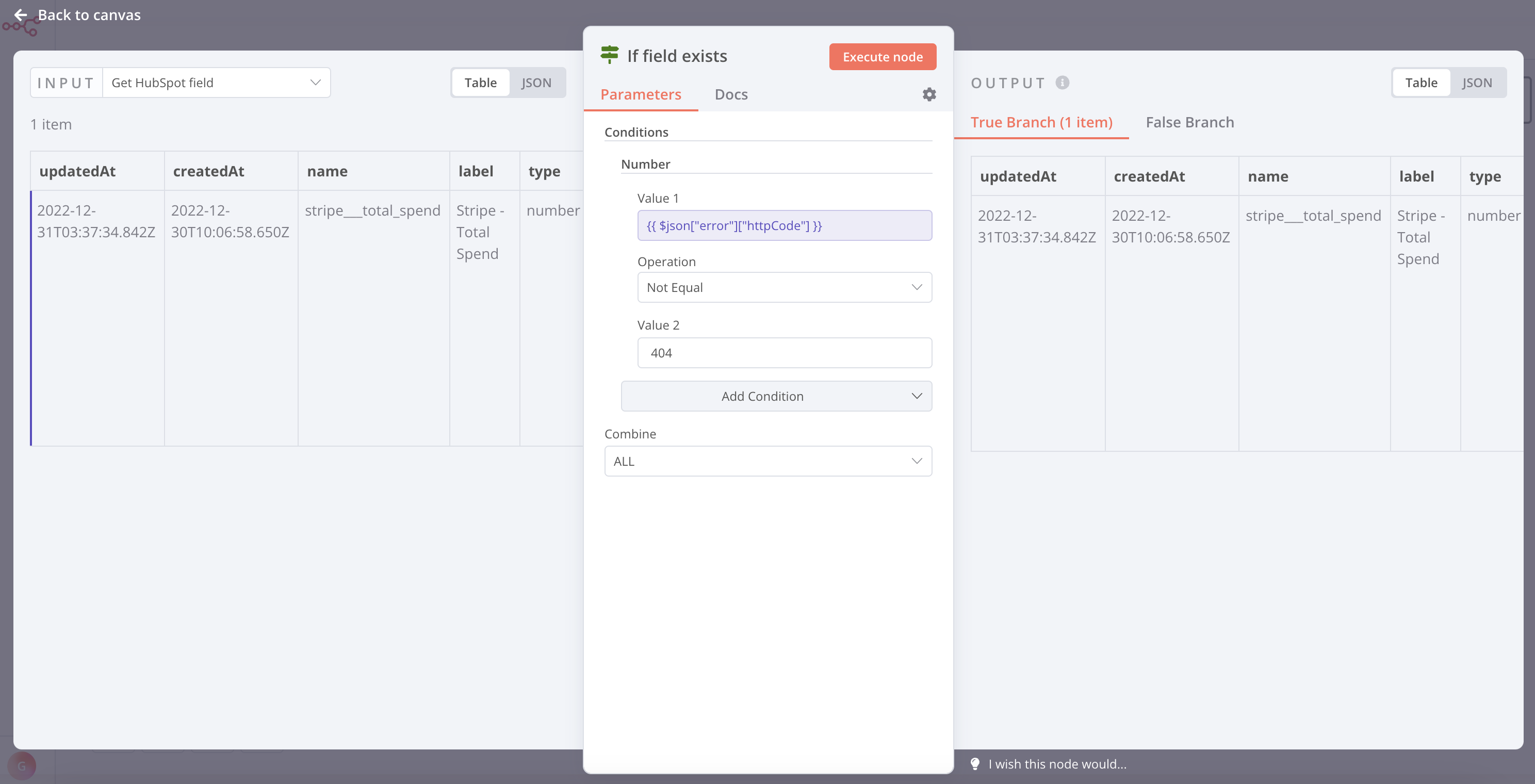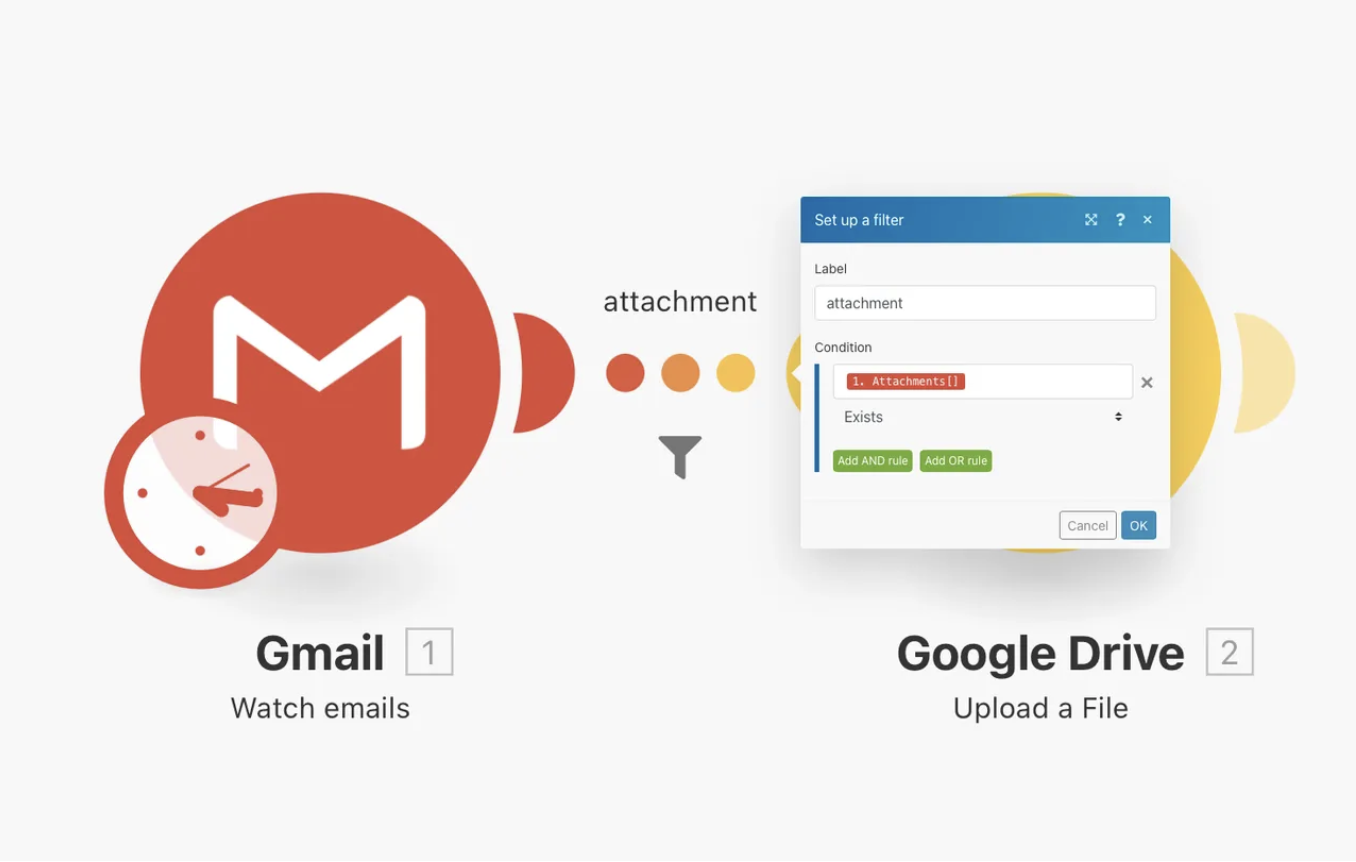Make is designed for teams preferring fully managed environments and works well for simple, linear tasks. However, as needs grow, this approach has serious limitations. Every click, filter, and API call is a separate billable operation. As you build complex, multi-step workflows, costs scale with complexity – you’re penalized for the sophistication real-world problems require.
n8n is designed for builders who believe tools should never limit ambition. It’s built for those who value transparency, control, and solving complex problems without artificial limits. n8n lets you build workflows with hundreds of nodes, write custom JavaScript, and loop through thousands of records – all for the price of a single execution. n8n’s model charges for results, not every step to get there.
As automation becomes critical to operations, security and collaboration needs grow. That’s why n8n introduced its self-hosted Business Plan, bridging the gap for growing companies that need enterprise-grade features like SSO, Git version control, and advanced collaboration tools without full enterprise commitment.
n8n’s freedom extends to data ownership. Self-host on your infrastructure to keep data yours, fully compliant and secure. The platform treats code as native language, not an escape route. If needed integrations don’t exist, build them yourself.
The ultimate difference lies in control: over costs, data, and freedom from closed ecosystem limitations.
With n8n, you’re building scalable automation infrastructure that lets you:
- Build without financial penalties: execution-based pricing means adding steps, logic, and power without extra charges.
- Control your data: choose secure cloud or self-host for total data and privacy control.
- Build for the real world: advanced branching, looping, and error handling for resilient, production-ready workflows.
- Connect to anything: Code and HTTP nodes connect to virtually any API for completely custom integrations.
- Deploy custom AI solutions: build AI agents, chatbots, and assistants using any LLM embedded directly into workflows.
- Scale with confidence: Enterprise plan provides advanced collaboration, security, observability, and dedicated support with SLAs.
If you’re ready to move beyond operation-based tool limitations and build powerful, cost-effective automations your business needs, n8n’s team can help migrate existing workflows to a more flexible, scalable platform.
Questions? Contact n8n’s sales team or reach out at [email protected].
To see the difference firsthand, start building with n8n for free today.





